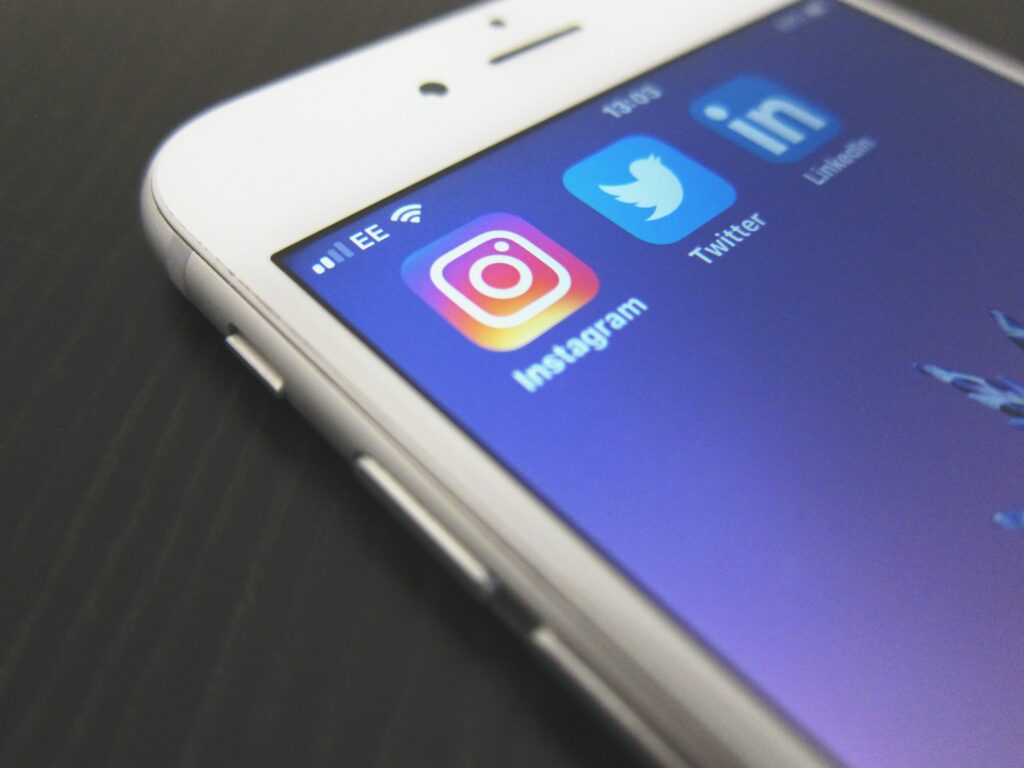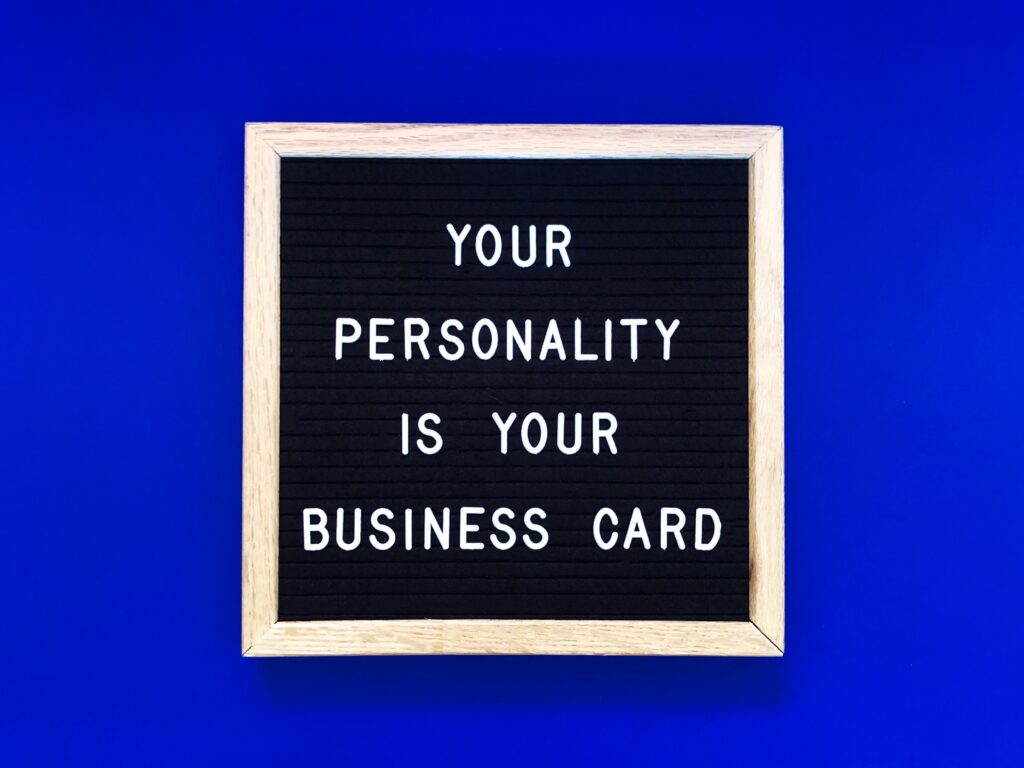You might think personal branding is something reserved for celebrities and established business owners.
But in the era of internet influencers and online networking, everyone has a fair shot at cultivating their own brand.
Actually, having a strong and consistent personal brand can do wonders for your career. It can help strengthen your credibility and open you up to many opportunities.
What is Personal Branding?

According to Gary Henderson, personal branding is the practice of marketing people and their careers as brands. In simpler terms, personal branding is how you promote yourself.
Depending on your career, this may include your personal and professional values, expertise, services you provide, and your career journey.
Why is Personal Branding Important for Your Career?
Developing a personal brand unique to your skills, experiences and personality allows you to tell a memorable story to your connections and future employers.
If the thought of self-promotion makes you squirm, Meredith Fineman, author of Brag Better assures you that promoting oneself is an act of knowing who you are and being in control of how you want to be perceived.
After all, if you don’t define yourself, you risk being defined by someone else. So start controlling your narrative today.
4 Ways Personal Branding Can Boost Your Career
1. Value and Credibility

Honing your personal branding allows you to show off your identity as a professional beyond your workplace.
Share real stories behind your accomplishments and what you learned from your journey. Relatable stories like this provide a lot of value to your peers.
You don’t have to start as an expert. Sharing the things you learned along the way not only provides value to your readers but also lends credibility to your expertise on a particular topic. Being truthful with your experience also helps you connect better with your readers.
As potential clients or employers associate you with your area of interest, it also helps you gain their trust.
And as you cultivate your credibility in your industry, you’ll even be able to make a lasting impact on issues that matter to you.
2. Keep track of your goals and achievements

Once you choose a platform to build your brand on (we recommend LinkedIn since it’s popular amongst recruiters and employers), use this space to keep track of all your achievements.
Doing so can help you figure out the direction you want your professional career to go. In the long run, recruiters, employers, and peers in your industry will understand your goals and match you to opportunities that are most relevant to you.
Don’t be shy about showing off your achievements. Building a brand that flexes your skills and experience will give you an edge in the competition and set you apart from other candidates.
This will come in extremely handy when you’re looking for a new job or trying to get noticed by recruiters and hiring managers.
3. Unexpected opportunities

Besides job offers, a successful personal brand can open you up to incredible opportunities. Opportunities can come in the form of collaborations, speaking engagements, or influential connections in your industry.
Building a professional identity takes time so these opportunities may not come to you immediately. That’s why staying consistent is key!
4. Employer exposure
A healthy brand image is also a great chance to uplift your employer’s brand messaging or mission.
Representing your company in a positive light can increase brand awareness and make you a valuable asset to the organization.
One study found that a brand message is 24 times more likely to be reshared when posted to an employee’s social media compared to the employer’s account!
Your employer will appreciate the spike in exposure because it could lead to industry connections and potential clients for the company!
How To Create A Personal Brand
1. Do some self-reflection

Before you start, you must ask yourself “Who am I and what do I stand for?”
It’s alright to not know where you want your career to go yet – especially if you’re in the early stages of your career.
What’s important is understanding what values matter to you and what you’re passionate about. Let these be the foundation of your personal branding.
2. Choose your social media platforms

The internet has made it possible for anyone to cultivate an online presence. Whether you do this successfully will depend on your personal branding strategies.
You can choose to be on platforms like LinkedIn, Twitter, Instagram, or even TikTok. But before you decide, find out who your target audience is.
The corporate scene may be more prominent on LinkedIn while creatives tend to be on more visual platforms like Instagram or TikTok.
If you’re just starting, it’s a good idea to limit the number of platforms to concentrate on. You don’t want to stretch yourself too thin and end up burning out from personal branding upkeep.
3. Stay true to yourself
We’ve all read viral posts on LinkedIn that sound eerily like the ones you’ve read before.
What was your impression of the poster knowing the story is likely copied and pasted from elsewhere?
A key part of personal branding is cultivating an identity that sets you apart from the rest. So share authentic stories and experiences that are unique to you.
Don’t be afraid to share stories in your voice, whether in writing or video. An inauthentic identity will only make it harder to stay consistent.
4. Stay visually consistent
The fun part for many people when it comes to personal branding is determining the aesthetic of your identity. This will help you stay visually consistent from your profile photo down to your resume design.
Take some time to decide what visual style fits your professional identity. Take cues from your favourite brands and find out the meaning behind their chosen colours and fonts.
Is your brand elegant and professional? You might want to try going for navy blue or black.
If you want to be seen as fun and approachable, bright colours like yellow could be for you.
Once you’ve decided on a style, apply it to all your platforms and establish an identity that will cement people’s memory of you.
5. Engage with your community

The truth is you can’t build a successful personal brand without engaging with your peers.
Don’t forget to make genuine connections with people in your community by interacting with their posts. Include people in meaningful conversations that expand on topics in your industry.
It’s selfish to expect support from your community without uplifting others yourself. So take part in your community to build lasting relationships, trust and a good rapport.
